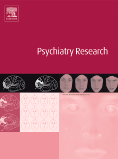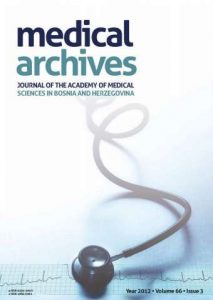
Microbiologist Elies Bik is well-known for applying a close eye to studies, and has spent years anonymously submitting reports on plagiarism and image duplication to journal editors. Last year, she published an analysis of work, with troubling results – that 1 in 25 biomedical papers contains inappropriate duplications in images. She’s never stopped reading papers closely, and recently flagged one on Twitter for concerns about its methodology. Although Bik is not against animal research, she said the treatments rats faced in the paper made her queasy – and didn’t seem justified. She explains her reasoning below.

 In March, 2013, a graduate student joined the lab of a prominent researcher in Australia, investigating new therapies for Parkinson’s. A few months later, everything fell apart.
In March, 2013, a graduate student joined the lab of a prominent researcher in Australia, investigating new therapies for Parkinson’s. A few months later, everything fell apart. 





